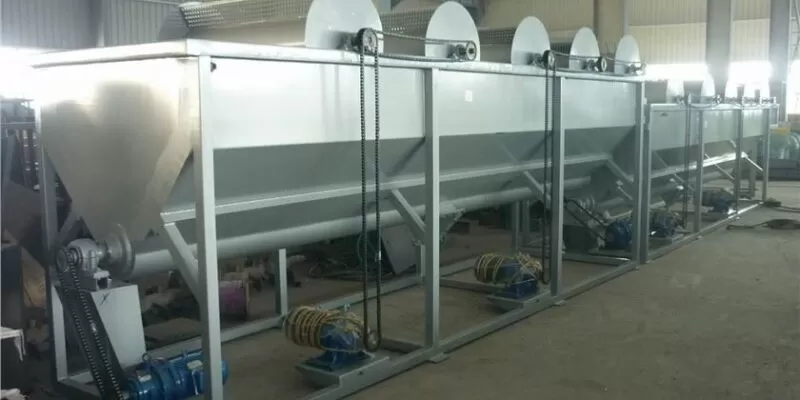Environmental pollution—this term strikes a nerve with many businesses and communities. Paraguay, a country rich in natural beauty, isn’t immune to the challenges of pollution. How is this South American nation handling its environmental concerns, especially around plastic waste? And what steps are they taking to recycle plastics?

The current status of environmental pollution in Paraguay shows significant challenges, particularly in urban areas. However, promising initiatives are in place to address these issues, focusing on plastic recycling and waste management. It’s an uphill battle, but one that’s gaining momentum.
Plastic waste is a growing problem worldwide, and Paraguay is no exception. Although the country has made strides in recent years, it faces significant hurdles. We need to recognize the realities and what’s being done to tackle them.
What Is the State of Pollution in Paraguay?
Pollution in Paraguay largely affects air, water, and land. Rapid urbanization has led to increased waste, and much of it is not disposed of properly. Rivers, including the Paraguay River, suffer from pollution, impacting biodiversity and public health.
How Is Plastic Waste Impacting Paraguay?
Plastic waste, particularly single-use plastics, is a major concern. The lack of efficient waste management systems means plastic often ends up in rivers or on roadsides. This waste affects not only the environment but also the quality of life for residents.
What Are Paraguay’s Recycling Efforts?
Paraguay is stepping up its recycling game, focusing on educating the public about the importance of waste separation and recycling. Initiatives are being launched to promote the recycling of plastics, with local governments and NGOs leading the charge.
What Role Do Businesses Play?
Businesses are beginning to realize the importance of corporate social responsibility. Some are investing in sustainable packaging, while others are supporting recycling projects. We, at Amige, believe that collaboration between businesses, the government, and NGOs is key to achieving meaningful change.
What More Can Be Done?
Despite these efforts, Paraguay needs to scale up its recycling infrastructure. Education campaigns need to target plastic use reduction and proper waste disposal. Investments in waste management infrastructure and stronger enforcement of environmental regulations will help further this cause.
Conclusion
Paraguay’s environmental pollution status is indeed a challenge. But with focused efforts on plastic recycling, waste management, and cooperation among stakeholders, there’s hope for a cleaner, greener Paraguay in the future.
